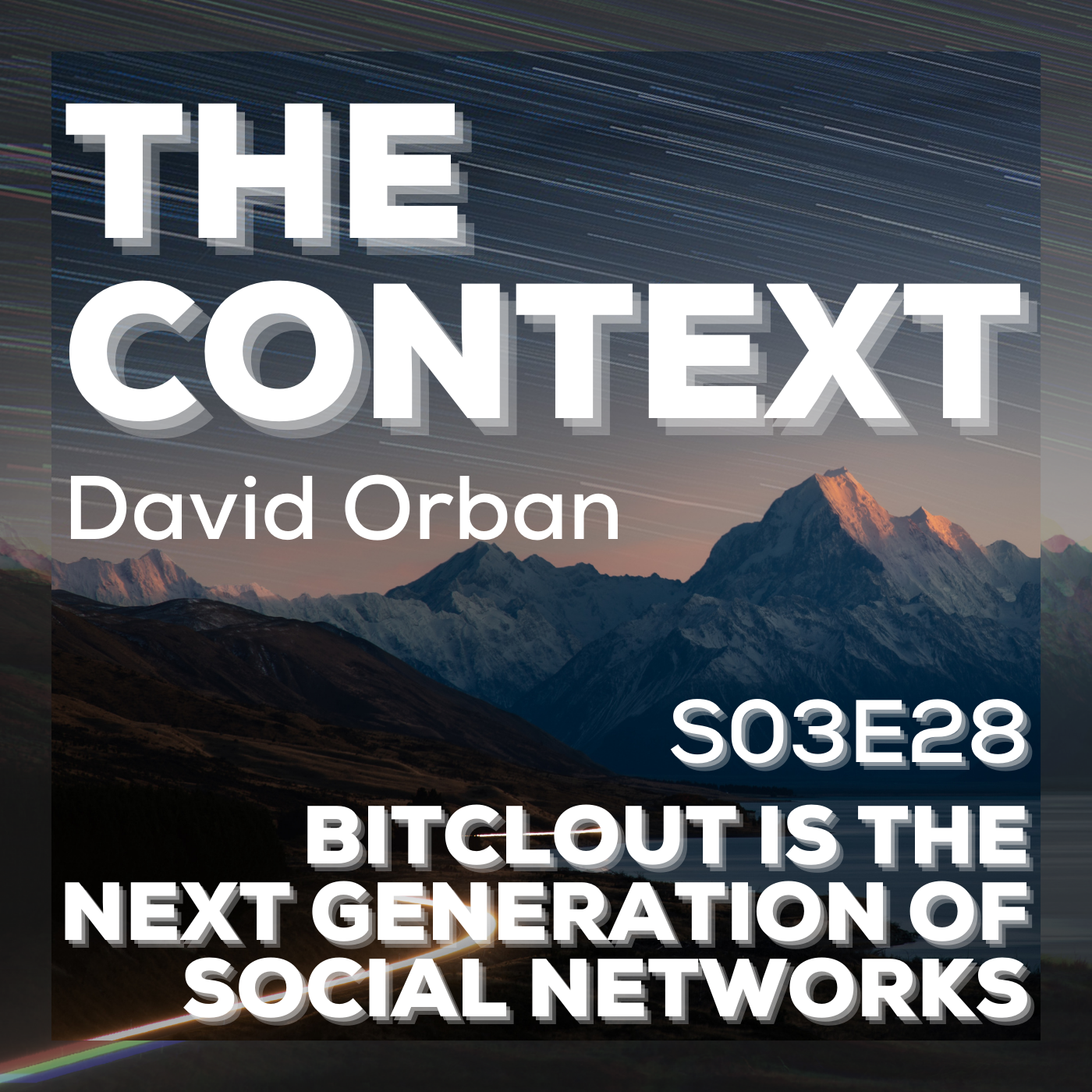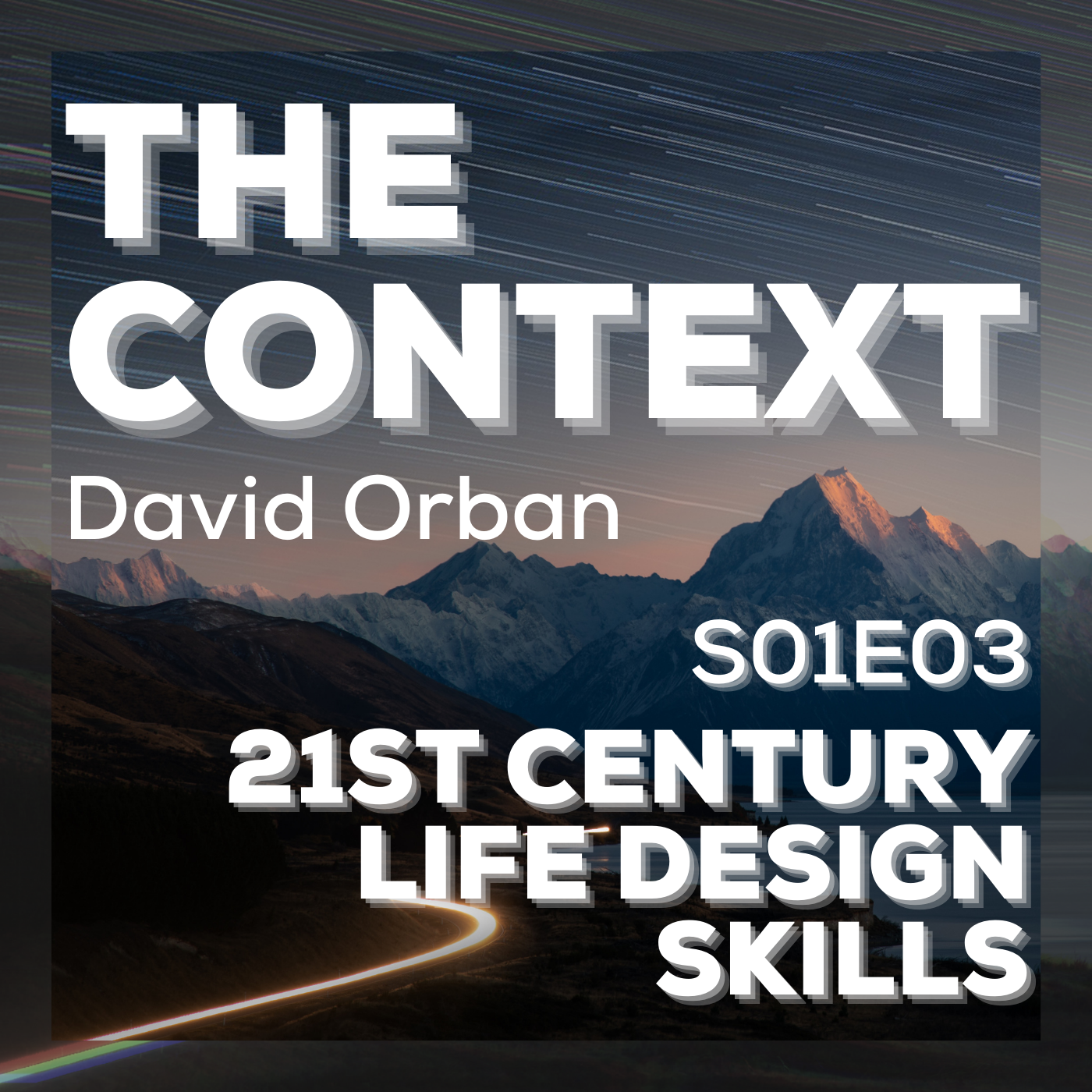“The Cult of Done Manifesto” by Bre Pettis and Kyo Stark states that there are three stages of being: not knowing, action, completion.
There are three states of being. Not knowing, action and completion.
Accept that everything is a draft. It helps to get it done.
There is no editing stage.
Pretending you know what you’re doing is almost the same as knowing what you are doing, so just accept that you know what you’re doing even if you don’t and do it.
Banish procrastination. If you wait more than a week to get an idea done, abandon it.
The point of being done is not to finish but to get other things done.
Once you’re done you can throw it away.
Laugh at perfection. It’s boring and keeps you from being done.
People without dirty hands are wrong. Doing something makes you right.
Failure counts as done. So do mistakes.
Destruction is a variant of done.
If you have an idea and publish it on the internet, that counts as a ghost of done.
Done is the engine of more.
Bre Pettis wrote, together with Kio Stark, “The Cult of Done Manifesto” in 2009. He then went on to found MakerBot, and I'm sure he is doing exciting things today. At the time, when I read “The Cult of Done Manifesto”, it very strongly resonated with me; if you follow the context, you can still hear echoes in so many things that I keep often repeating in many of the subjects that I talked about. How important it is to test things out, how important it is to try new things, how natural it is to make mistakes. I am sure that there are dozens of more concepts that are smartly buried, and can take seeds from within this manifesto.
I recently had the chance to remember it because I am working with a very smart and passionate startup that is now coming out of their “stealth mode”. When you’re in this stage, no one knows what you're doing, and you are not ready to confront the crude reality of the world. But you must come out of your comfort zone, and face reality to receive both good and bad reception. Maybe you’re sharing your documentation, and people are trying passionately to poke holes in them, which is perfectly fine. If people just say “Oh, wow, this document is great. It is so inspiring, and there's absolutely nothing wrong with it”, what could you learn? How could you improve?
It’s better to hear this criticism and try to improve your idea and mentality: How much do you believe in what you are doing on one hand and on the other? How smartly Can you listen and incorporate what actually of the criticism makes sense? How can you distinguish between what you can safely discard and what instead matters to you? Of course, rather than discarding, you have answers that you are able to rapidly develop or memorize as needed and provide the answer to that criticism without trying to deflect it and acknowledging it, but also letting the other person understand that you actually thought about what they are saying.
Make mistakes, because now is the time. Look at Elon Musk, for example: he has 17 million followers, yet he still makes plenty of mistakes. Don't treat your social media with gloved hands, instead just post stuff that you can always delete. Just reach out. Just make it done.
#procrastination #motivation #doing

In the world of Blockchain, we periodically have waves of enthusiasm and innovation, where new ways of implementing and leveraging this technology is explored...

Talking about mental health must become as natural and widespread as talking about our physical fitness. We must be alert to each other, and...

The acceleration of technological change exposes reach of us to challenges that we have to be able to face. The tools and skills that...